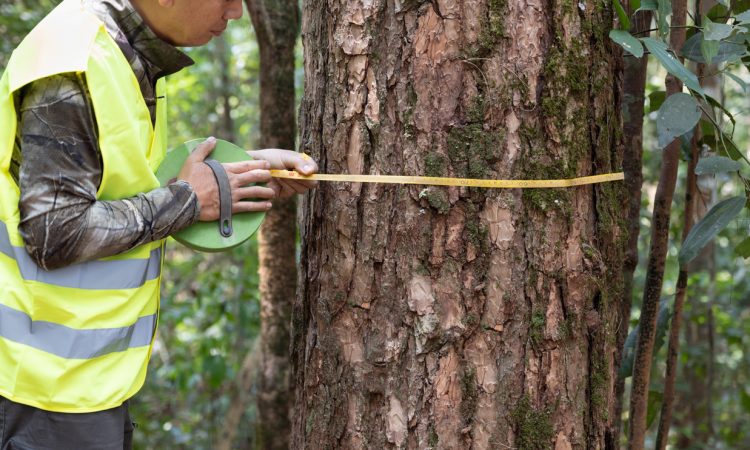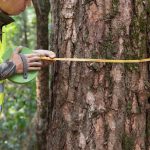|
Getting your Trinity Audio player ready...
|
Marginalized communities have long been disadvantaged regarding employment, training and career opportunities. According to Statistics Canada, only 63% of Indigenous youth have completed high school, compared with 91% of the non-Indigenous population. This pattern has continued into post-secondary education, as non-Indigenous youth were twice as likely to have completed or attended a post-secondary program as First Nations youth.
To help reduce the employment and skills gaps between Indigenous and non-Indigenous people, programs designed to encourage education and career progression for marginalized individuals deserve attention, recognition and support. One such program is ISET.
In 2019, the Government of Canada introduced the Indigenous Skills and Employment Training (ISET) Program. Through funding to Indigenous service delivery organizations, ISET is designed to help Indigenous people improve their skills and find employment. This program is crucial to supporting Indigenous communities with the training they need to secure in-demand jobs.
The ISET program serves four populations: First Nations, Inuit, Métis and urban/non-affiliated Indigenous people in their communities. Indigenous service delivery organizations offer various training services tailored to the needs and priorities of these four markets.
Within the ISET program, there are various ISET holders and ISET partners. One partner is our company, Jelly Academy, an Indigenous-founded Canadian organization specializing in rapid reskilling, micro-training and digital skills development. We at Jelly Academy have had the privilege of collaborating with many ISET holders nationwide including esteemed organizations such as the Métis Nation of British Columbia and the Rupertsland Institute.
ISET holders like the Rupertsland Institute (RLI) have had major impacts on the workforce opportunities available to ISET program participants. Lisa Savill works with the Rupertsland Institute and is the Director of Métis Endowments and Post-Secondary Initiatives. According to Savill, through data analysis, the RLI team can “make informed decisions that ensure … workforce [opportunity growth] for as many Alberta Métis as possible.” The RLI monitors progress by reviewing internal statistics from their programs and services to ensure they continuously provide the best resources and opportunities for their program participants. This is just one of many ways ISET holders are committed to the success of their learners.
Many individuals who have participated in the ISET program have been successful in securing jobs and beginning their professional careers. But these successes aren’t easy.
Dorothy Pye Johnson, Director of Employment and Skills Development and Special Advisor to the Office of the President of the NunatuKavut Community Council, is an ISET advisor who has witnessed numerous Inuit individuals come out of the ISET program successfully. “We have a lot of [successful] people … grow through the program, however, some individuals face more barriers than others,” said Pye Johnson.
“While partnerships and collaborations are a great contributor to ISET learners’ success, at the same time, they can be a challenge if we can’t find the right partners …”
Challenges such as mental health, housing issues, education, educational or family needs and cultural transition can create barriers to job retention. To overcome these barriers, it takes a joint effort. “We see the most success when the training institutions, employers and clients come together to understand each other’s values, realities and needs. The key to success is working with both employers and clients to ensure they are both understood,” said Pye Johnson.
The benefits of ISET also extend beyond direct employment services provision. ISET holders have used ISET funding to put individuals through Jelly Academy’s Digital Marketing and B2B Sales courses. At Jelly Academy, we have supported Indigenous learners with access to mentors and communities to engage with their classmates and build their network.
But, of course, success doesn’t come without its challenges. John DeGiacomo, Executive Director of the Anishinabek Employment and Training Services, said, “While partnerships and collaborations are a great contributor to ISET learners’ success, at the same time, they can be a challenge if we can’t find the right partners, especially in industries like the mining and forestry sectors.”
When it comes to improving the ISET program, DeGiacomo observed that there is a lack of knowledge about what ISET service providers do: “I feel we need the most improvement in heightening the understanding of what an ISET holder is in Canada.” DeGiacomo’s observation highlights the need for initiatives and strategies aimed at building awareness about the important work of ISET holders. To achieve this goal, comprehensive outreach and educational campaigns are needed to inform the general public on the objectives, achievements and success stories of ISET providers. Furthermore, fostering strong partnerships between ISET holders and partners, like Jelly Academy, can help to disseminate information more effectively to educate the general public about the ISET program and ISET holders.
The ISET program is crucial in addressing disparities in education and employment faced by opportunities Indigenous communities. We must not only support initiatives like this but also demand a shift in societal attitudes and perceptions to uplift Indigenous people – especially youth – in Canada.





